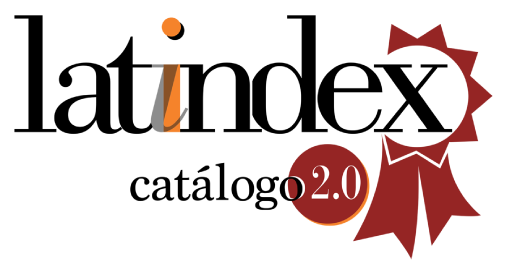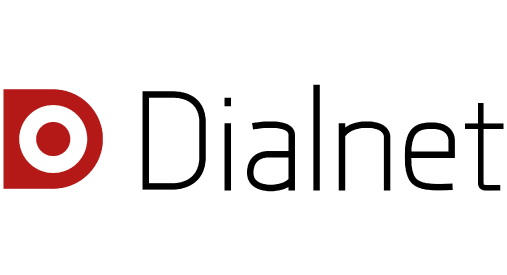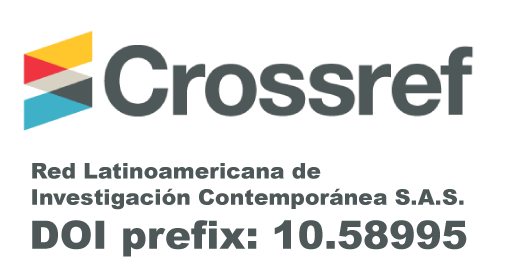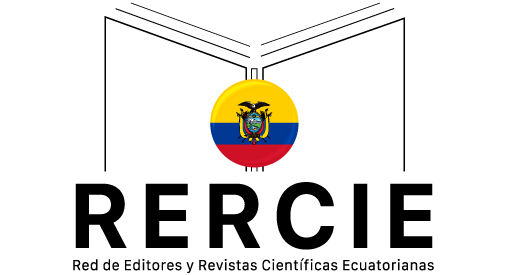- Current
- Archivos- números anteriores
- Announcements
-
About
About the Journal Enfoque y Alcance Indexaciones y base de datos Equipo editorial Protocolos de interoperabilidad Política sobre el uso de inteligencia artificial Cargos por publicación Privacy Statement Código de Ética Declaración de Originalidad (Plantilla) Políticas de Preservación digital Políticas de Acceso Abierto Sistema de arbitraje Politica Antiplagio Política de Archivo Instrucciones para autores Términos de derecho de autor
- Información útil
- Contact
Política sobre el uso de inteligencia artificial
Policy on the Use of Artificial Intelligence
Due to the increasing use of artificial intelligence in scholarly works, the publishing entity establishes the following policy:
Authoring works with the aid of artificial intelligence.
The publisher expects submissions to be the creations of authors and not of artificial intelligence tools. Therefore, the publisher does not allow authors to exclusively use artificial intelligence tools (e.g., ChatGPT, etc.) for the creation of works. Artificial intelligence tools cannot be co-authors of the work as they do not meet the minimum requirements for authorship of works. In case it is detected that a work was created mostly with artificial intelligence tools, it will be rejected or retracted.
Use of artificial intelligence as a tool in the methodology used in studies: authors are allowed to use only and exclusively artificial intelligence tools as part of the methodology used in studies. In these cases, authors should report the following:
Name of the artificial intelligence tool
Description of how the artificial intelligence tool was used.
Evaluation of the validity of the results obtained using this artificial intelligence tool.
Aspects of the study, contents, data and files that were modified and/or generated by the artificial intelligence tool.
The use of artificial intelligence tools to fabricate for convenience or manipulate data in the study is unacceptable. This will lead to rejection of the submission or retraction of the published work.
Generation of images with the aid of artificial intelligence: The publisher prohibits the generation and use of images in works with the aid of artificial intelligence tools. It is only possible to use images generated with artificial intelligence media once the corresponding copyright permissions have been obtained and free of legal disputes.
Use of artificial intelligence by peer reviewers: Peer reviewers play a fundamental role in the publication of scholarly works. Their experience and evaluation of the works guide the editor in the decisions to be made. Peer reviewers are directly responsible for the opinions and recommendations they provide to the publisher. Therefore, the editorial body does not allow peer reviewers to use artificial intelligence tools to evaluate works or generate arbitration opinions.














